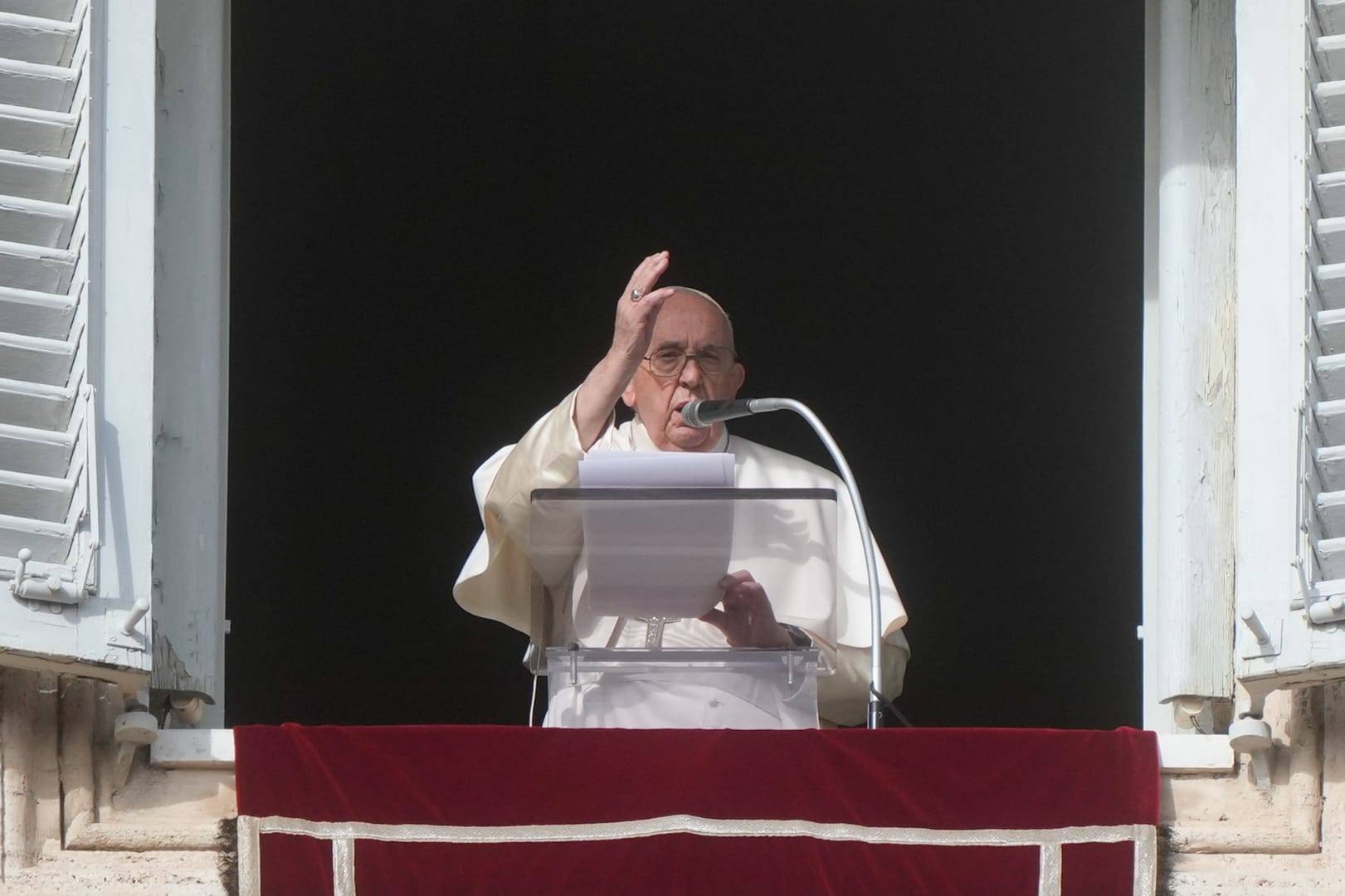ROME – Church officials and psychiatric experts meeting in Rome this week have set out to offer the best possible care for people suffering from mental health issues, and to remove the social stigma often associated with these disorders.
Pope Francis himself has been outspoken about mental health issues and, in a conversation published by French sociologist Dominique Wolton, even stated that he visited with a Jewish woman psychiatrist after ending his period as provincial in 1979.
Since the emergence of mental health studies in the beginning of the 19th century, Catholicism and psychologists, according to many historians, have not always “played well together.” It took papal documents such as Leo XIII’s Aeterni Patris, the Second Vatican Council, and the work of high-profile Catholic psychiatrists to breach the gap and set boundaries that allowed for fruitful collaboration.
“There was a misunderstanding, I think. They feared that one would enter into the field of the other, and this was the mistake,” said Father Massimo Angelelli, director of the National Institute for the Pastoral on Health of the Italian Bishops’ Conference (Cei), in an interview with Crux.
Angelelli made the remarks while at a conference in Rome promoting the integration of people with mental disabilities, titled “Between Segregation and Welcoming,” sponsored by Cei and taking place in Rome Feb. 21.
The meeting marked the first anniversary of the initiative, aimed at fostering collaboration between psychiatry and the Church. Twelve Italian psychiatrists, among the most important in the country working in a diverse range of fields from child psychology to the treatment for prisoners, have taken part in the project that resulted in a Dec. 2 conference on the “Church and Mental Health,” which sealed the partnership.
“We started with a base of collaboration and great mutual respect. The Church in Italy realized that it has to dialogue with psychiatry, and psychiatry has accepted the invitation,” Angelelli said.
According to the priest and former chaplain at a public hospital, the Church seeks a “scientific opinion” from psychiatrists and a concrete understanding of the scenarios that are evolving in this field. What the mental health field gets in return, he said, is the possibility to rely on the millenia-long experience of the Church and “share the journey.”
“It’s finally clear to all that there is a psychological and spiritual unity that can no longer be treated independently,” Angelelli said. “The cure must be integral; the approach must be integral. Perhaps even the pope’s choice to unite dicasteries [Vatican departments] when he created the Dicastery for Integral Human Development explicitly gave us this direction.”
For Italian Cardinal Francesco Montenegro of Agrigento, who attended the conference, this initiative represents another example of the Church reaching out to the peripheries as promoted by Pope Francis.
“Certain kinds of people are becoming a periphery,” the cardinal told Crux. “In a society that elects to put its ‘best’ out front and all the others are left behind, the others start to become a periphery, and for exactly that reason they merit attention.”
According to a 2017 survey by the Word Health Organization on mental disabilities, more than 300 million people suffer from depression globally and 260 million suffer from some form of anxiety disorder, including children.
“The number of people with psychiatric problems is increasing, and everybody’s help is needed,” Montenegro said, adding that the Church “is committed” to creating and offering structures to help.
The prelate also observed that just as the Church works to help immigrants, the poor and young people, it’s dedicated to promoting the needs of people suffering from mental disabilities.
“Through structures and also through the ecclesial community, where there’s an experience of welcome and sharing, the Church is trying to give a response, to promote prevention, and to not leave these people feeling alone in a society that often marginalizes them,” he said.
One of the main goals of the conference is to launch its most recent project, a website where all the numerous Catholic institutions working in the field of mental health can collaborate and present their programs and best practices.
Speaking at the conference, psychiatrist and psychotherapist Marco Bertella emphasized that the sense of “belonging” to a certain community can greatly and positively impact the life of families and people suffering from mental disabilities and that the Church “is producing important results” in this field.
“A family that has someone at home with a psychiatric problem is extremely alone and therefore needs a support network,” said Angelelli, adding that it’s also a social problem, where people with mental disabilities have “a social stigma” and “carry a sort of printed mark that tends to isolate you, tends to hide you.”
Through parishes and institutions, the Church can provide a widespread grid of services and support for these families, the priest said, but only if it understands that it cannot do it alone, and that not all problems can be healed in a spiritual way.
“This is a great risk and a great mistake,” Angelelli said, “there are many lay institutions that offer great cure programs. The main issue is understanding that no one can go at it alone, there is no one who has the definitive cure or the definitive solution. We need a common approach.”
When it comes to the human psyche there are many complexities that need to be considered and are not yet fully understood. The key to promoting a fertile collaboration between the Church and psychiatry, according to the priest, is the respect for roles.
“There is no competition, there is no distance from the moment there is respect for roles,” Angelelli said. “This is the program that we have experienced so far, and it has been successful.”


















